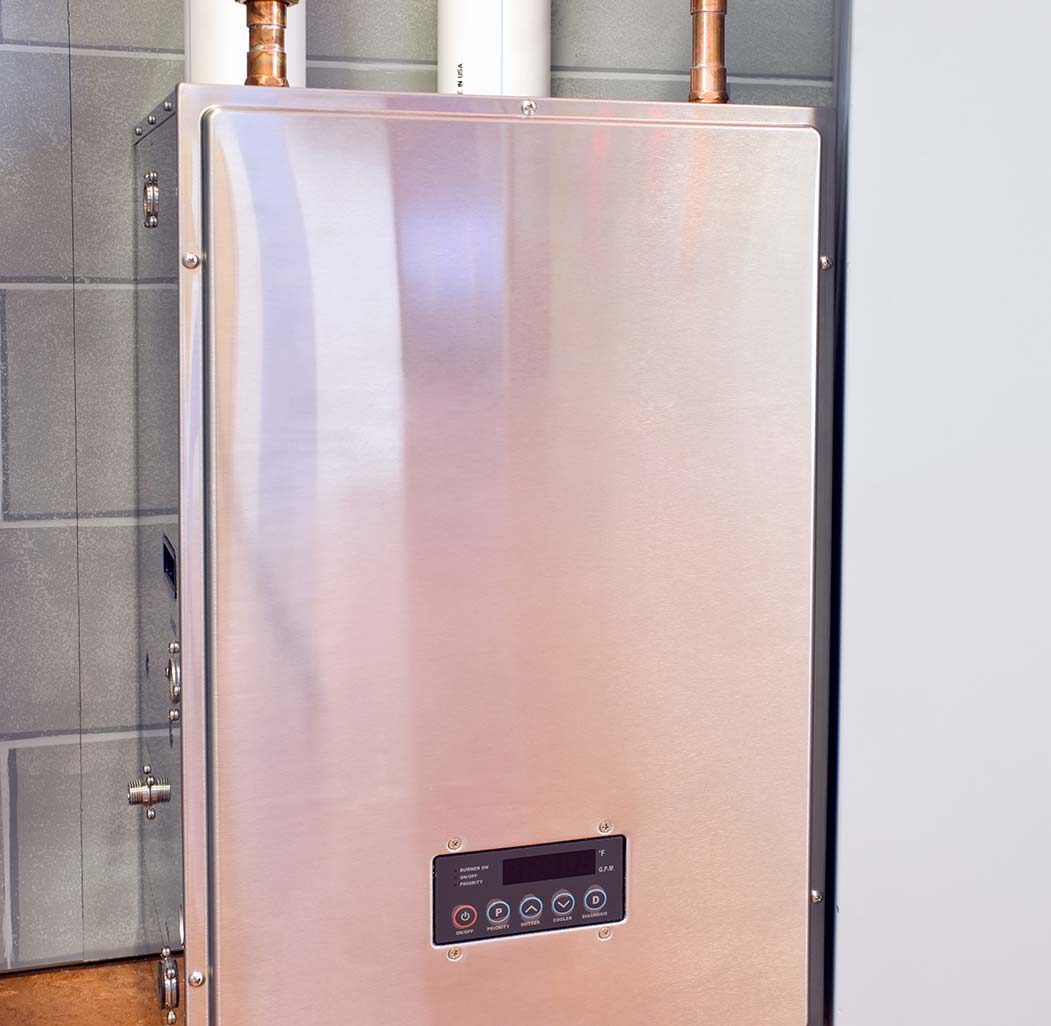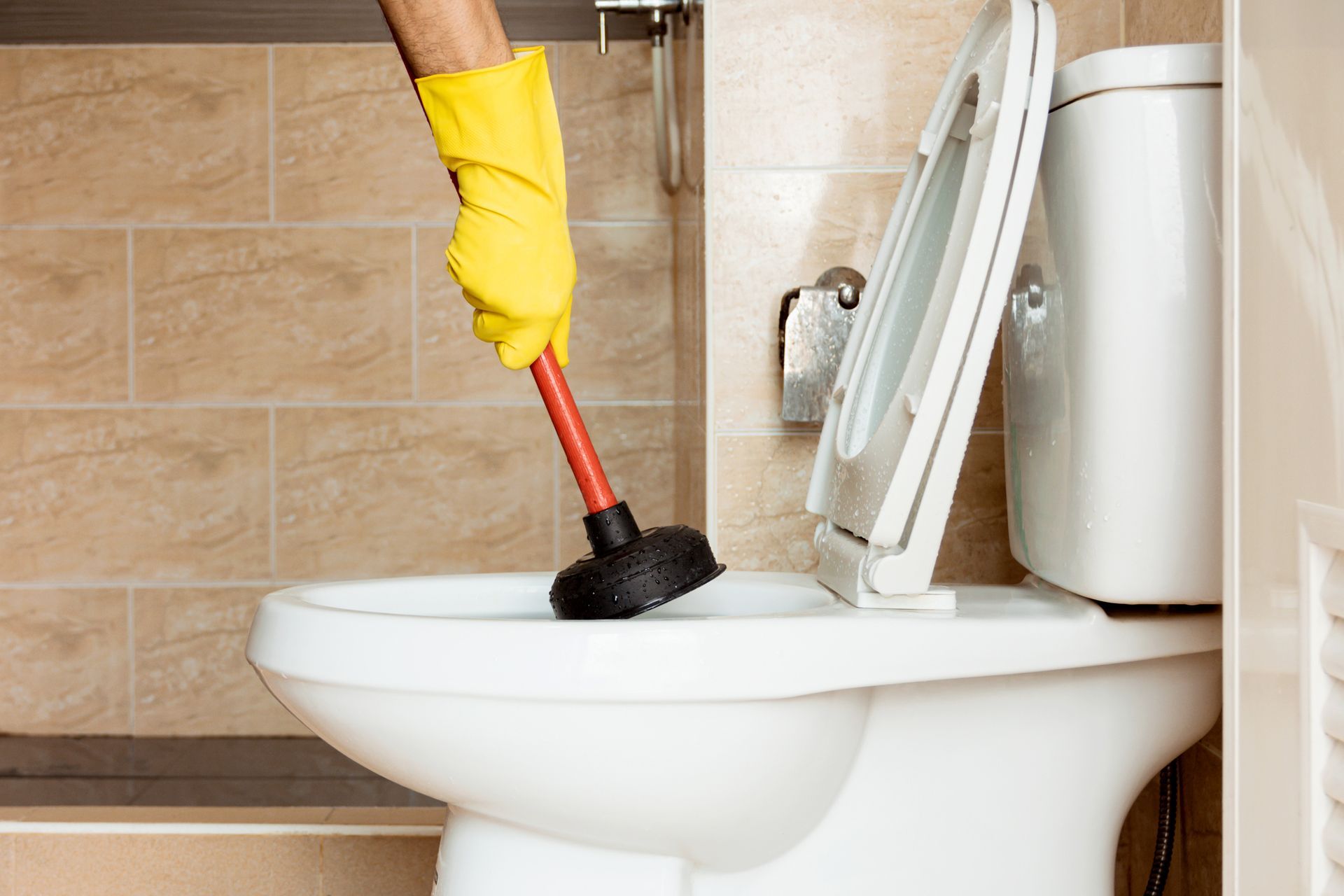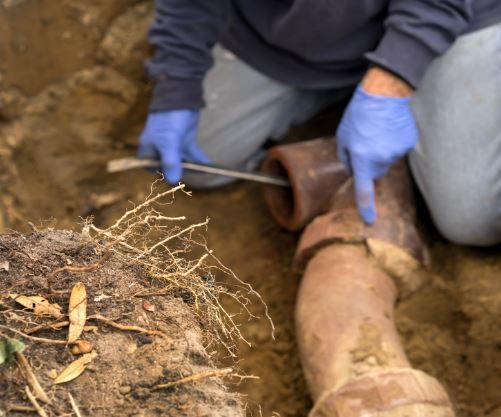Your water heater is an imperative part of your home's function and your family's needs. From bathing and grooming to cleaning and doing laundry and dishes, this appliance should provide your home with clean and hot water without any difficulty.
Unfortunately, these appliances do not last forever. Age and ongoing use can cause damage to your water heater, but most homeowners are not aware of the signs that their appliance is in distress. Using your
plumber's assistance and this guide, you will learn the signs that your water heater is failing.
Your water heater is not designed to last forever. Over time, the constant heating and transferring of water into the home will wear down the tank and plumbing lines, reducing the lifespan of your water heater.
The estimated lifespan of a water heater depends on the type you are currently using. Traditional tank water heaters have an expected lifespan of around 10 years. However, tankless water heaters may last up to 20 years with proper maintenance.
In some instances, you may not realize how old your water heater is. If there is a label or model number visible, you can contact the manufacturer of your water heater. If no label or model number is found, ask your plumber for help.
Every appliance in your home will occasionally make some noise while in operation. Certain noises, however, are sure signs there is an underlying issue that needs to be addressed immediately.
An excessively loud rumbling noise coming from your water heater is most likely stemming from sediment inside the tank. Sediment, such as dirt and debris, is found in all water sources, so it will end up moving through your plumbing lines and water heater.
As the water heater warms up your water, it will also heat up the sediment. This causes the sediment to harden on the walls and floor of the tank. As your water heater is running, the hardened sediment will cause a loud rumbling noise that may be heard throughout the house.
Your plumber can flush out your water heater to clear sediment from the tank. If the sediment has started to corrode the water heater tank, a complete replacement may be necessary.
If you notice small drops of water under, next to or behind your water heater, there is a definite problem.
Even the smallest water leak can cause a great deal of damage to your home. Small amounts of water leaking continuously over a period of time will seep into the floors and drywall. Not only will this moisture cause financial damage, but it can also increase the risk of mold growth.
Living in a home with mold is truly hazardous to your health. You may experience allergy symptoms, such as itchy, watery eyes, sneezing, coughing and even rashes on the skin. Continuous exposure to mold can reduce your ability to breathe, which can become life threatening.
If you see small drops of water, inspect the water heater thoroughly. Check the tank for cracks and fissures, which are possible due to the metal expanding during the heating process.
Water that is found in the same spot may stem from an issue affecting your water relief valve. This valve is usually located on the bottom or side of your water heater's tank. As heat and water build up inside your tank, pressure will also accumulate.
To prevent the tank from bursting, small amounts of this water pressure are safely released through the valve. If you notice an excessive amount of water being released, your plumber may need to replace the valve.
Lastly, issues with your water quality are also a sign that there is an issue affecting your water heater.
Fill up a glass with water so you can inspect it. The water should be clear. If it is discolored or has particles floating in it, your tank and water lines are most likely full of sediment.
Rust is also a common problem that can discolor your water. If the water heater tank is corroded, rust will flow into your water.






